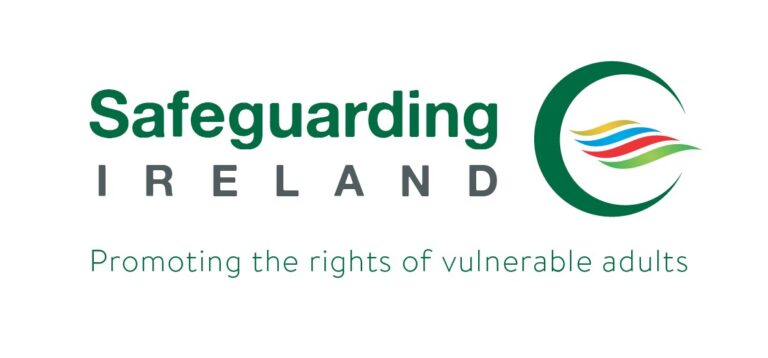The vast majority of Irish adults believe that Ireland needs stronger safeguarding laws – and that a national authority should be established which is dedicated to adult safeguarding.
The findings were launched today as part of public awareness campaign led by Safeguarding Ireland. The research was carried out by RED C on a representative sample of 1,000 adults nationwide and found that:
- 91% support stronger laws to safeguard people from abuse or neglect
- 85% support an overall an national authority on safeguarding
- 87% said a dedicated authority should have enforcement powers
- 89% said more urgency is needed to deliver safeguarding laws and services.
Safeguarding Ireland Chairperson Patricia Rickard-Clarke said the research highlights the need for stronger political urgency on safeguarding.
“This research shows a strong and broad public consensus on an urgent need for progress on safeguarding laws and oversight. The research is timely as COVID-19 has brought into focus domestic abuse, coercion and a growth in online abuse.
“Most urgently we need to see the Assisted Decision-Making (Capacity) Act 2015 implemented. This legislation was passed into law in 2015 and is still awaiting implementation. We are calling for it to be implemented in full by the middle of 2021, and there are important parts can be fast-tracked.
“Secondly, we need to see progress on comprehensive adult safeguarding legislation. The current Legislative Programme provides for a Health Adult Safeguarding Bill. However, Safeguarding Ireland considers this to be limited in focus and an all of government approach is needed.
“Comprehensive legislation needs to be developed in line with the Adult Safeguarding Bill 2017, which received all party support, and included method of reporting, right of entry to protect a person at risk and the establishment of an Independent Authority to comply with obligations under the UN Convention on the Rights of Person with Disabilities. Progression on safeguarding legislation needs a greater focus at Oireachtas Committee and Departmental levels.
“Thirdly, the Domestic Violence Act should be extended to include coercive control by another regardless of the relationship and also HSE safeguarding social workers should be empowered to be able to make direct applications to court for Protection Orders on behalf of vulnerable adults.
“Furthermore, Safeguarding Ireland looks forward to the Law Reform Commission’s Report on A Regulatory Framework for Adult Safeguarding due for publication in 2021.”
Ms Rickard Clarke said that responsibility for safeguarding lies across many different public bodies and an independent body, with over-arching responsibilities, would offer many benefits.
“A dedicated body could support ongoing improvement in reporting of abuse, policy development, data collection, independent investigation powers, enforcement, public awareness and training.”
In conclusion Ms. Rickard-Clarke said the pandemic continues to raise increased risks of abuse, and she called on vulnerable people to maintain their own independence and decision-making as much as possible.
“Safeguarding Ireland’s message, particularly for vulnerable adults, is to keep your independence and keep making your own decisions while keeping safe. Ask for help when you want it and only from trusted people.”
Other recent research commissioned by Safeguarding Ireland reported that 12% of adults experienced abuse since the start of the COVID-19 pandemic, while 32% reported ever experiencing abuse or neglect. Also, almost a quarter of people (23%) said they would not know who to report adult abuse to if they or someone they knew was a victim.
More information, including public awareness resources on better understanding what constitutes abuse, can be viewed at www.safeguardingireland.org.
Safeguarding means living safely, free from abuse or neglect. It means our choices, particularly if we are vulnerable, are clearly heard and respected.


